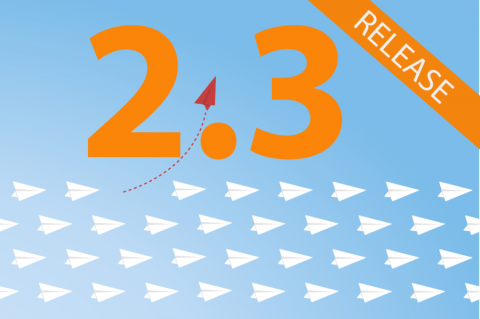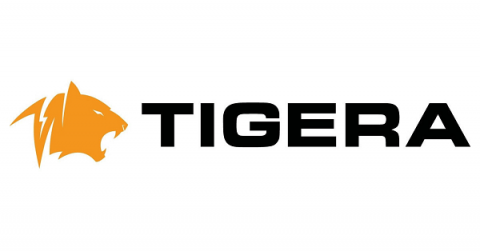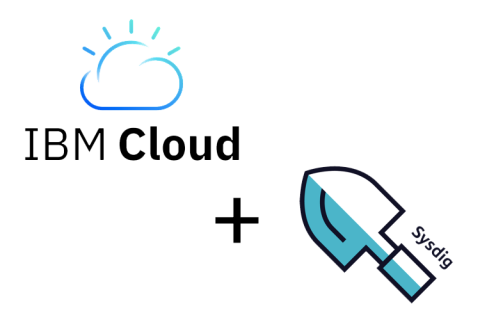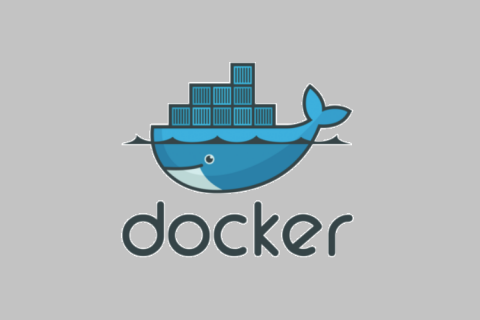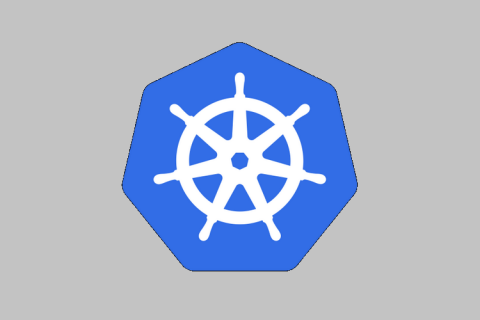How Enterprise Kubernetes Benefits from Multi-Cluster Apps
There is a lot to love about Kubernetes. It offers one of the best ways to deploy and run applications on a large pool of resources. With its easy-to-use UI and out-of-the-box capabilities like RBAC, monitoring, auditing, logging, and more, Rancher makes it easy to stand up and manage enterprise grade Kubernetes. Using Rancher, IT Operators can point to their cloud provider (AWS, GCP, Azure, etc.) or datacenter and create a cluster with just a few clicks.



